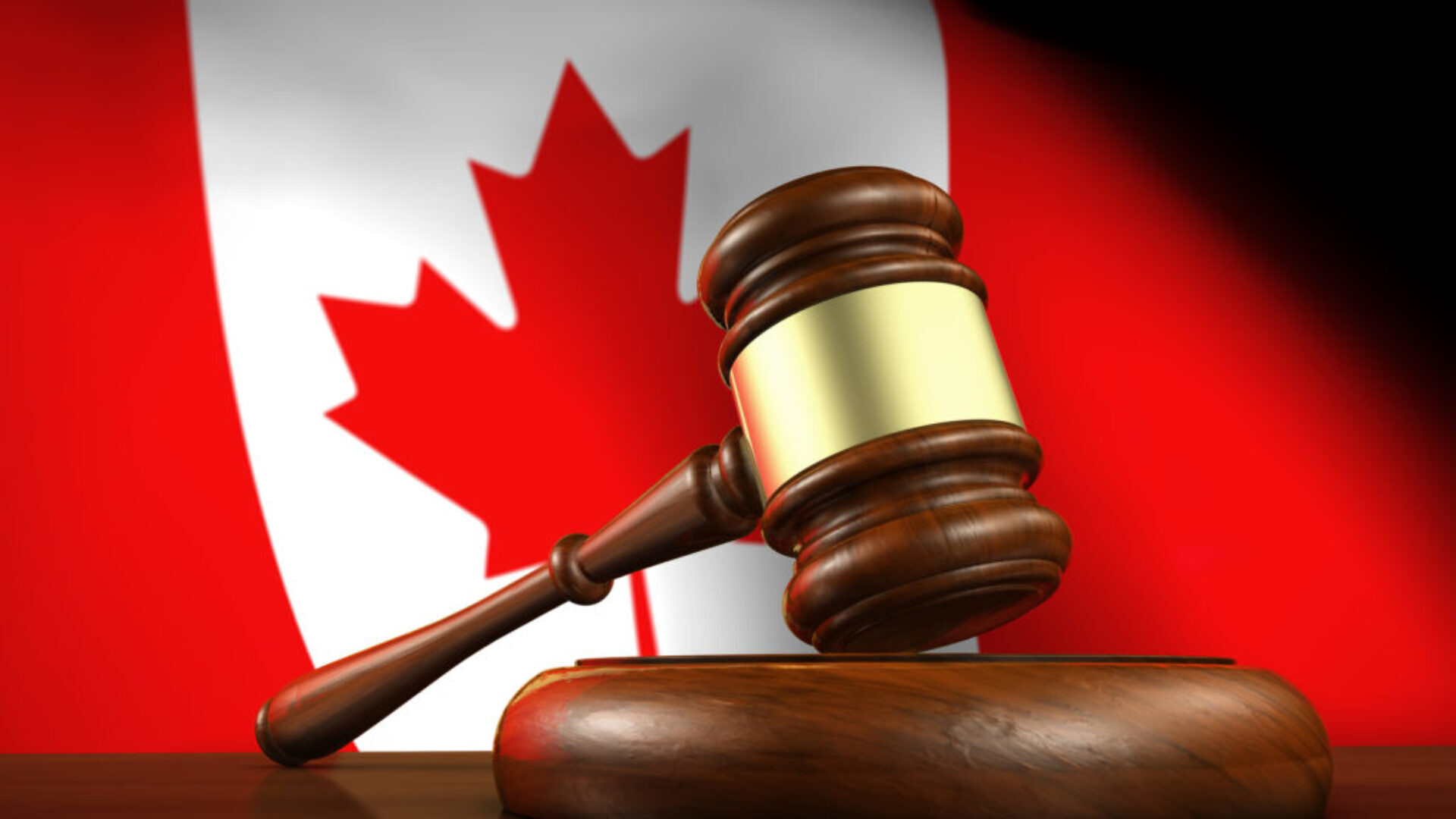Basic of Claim Form Canada

Understanding Refugee Claim Forms in Canada: Basic of Claim Form Canada
Introduction for Basic of Claim Form Canada
Refugee claim forms are vital documents that play a crucial role in Canada's immigration and refugee determination process. These forms are used by individuals seeking refuge in Canada, a country known for its humanitarian commitment to protecting and assisting those fleeing persecution, violence, or other serious threats to their safety. In this comprehensive guide, we will explore the basics of refugee claim forms in Canada, including their purpose, key components, and the significance of accuracy and completeness in the refugee claim process.
Section 1: The Purpose of Basic of Claim Form Canada
1.1. Definition A refugee claim form in Canada is a standardized document used to formally request asylum and refugee status from the Canadian government. It serves as a detailed account of the claimant's reasons for seeking refuge and provides essential information for immigration officials to assess their eligibility for protection.
1.2. International Obligations Canada's refugee determination process is guided by international agreements and conventions, including the United Nations Convention Relating to the Status of Refugees. These agreements define the rights and responsibilities of signatory countries, including Canada, regarding refugees and asylum seekers.

Section 2: Key Components of Basic of Claim Form Canada
2.1. Personal Information Refugee claim forms require detailed personal information about the claimant, including their name, date of birth, nationality, and contact details. This section helps establish the claimant's identity and background.
2.2. Basis for Claim Claimants are asked to provide a thorough account of the reasons they are seeking refuge in Canada. This includes explaining the persecution, violence, or threats they have experienced or fear in their home country. Details such as dates, locations, and individuals or groups involved should be included.
2.3. Supporting Documentation To substantiate their claim, claimants should include any relevant supporting documents, such as identity documents, medical reports, affidavits from witnesses, or news articles that provide evidence of the circumstances in their home country. These documents strengthen the credibility of the claim.
2.4. Declarations and Affirmations Claimants are required to make declarations and affirmations confirming the accuracy and truthfulness of the information provided in the claim form. Providing false information can have serious consequences, including the rejection of the claim.
2.5. Legal Representation Claimants have the option to indicate whether they have legal representation. Legal counsel can provide valuable assistance in navigating the refugee determination process, preparing the claim, and representing the claimant during hearings.
Section 3: The Refugee Determination Process in Canada & Basic of Claim Form Canada
3.1. Initial Review Once a refugee claim form is submitted, it undergoes an initial review by immigration authorities. This review assesses whether the claim meets basic eligibility criteria, including whether it falls within the legal definition of a refugee.
3.2. Refugee Hearing If the initial review determines that the claim is eligible, the claimant will proceed to a refugee hearing before the Immigration and Refugee Board (IRB). At the hearing, the claimant presents their case, providing evidence and witnesses if available.
3.3. Decision Following the refugee hearing, the IRB will make a decision on the claim. If the claim is accepted, the claimant is granted refugee status in Canada, providing them with legal protection and access to essential services.
3.4. Appeals Both claimants and the Canadian government have the right to appeal decisions made by the IRB. The appeal process provides additional opportunities for review and reconsideration.

Section 4: Importance of Accuracy and Completeness of Basic of Claim Form Canada
4.1. Credibility Accuracy and completeness are crucial for establishing the credibility of a refugee claim. Inconsistencies or omissions in the claim form may raise doubts about the claimant's credibility, potentially leading to rejection.
4.2. Legal Consequences Providing false or misleading information in a refugee claim form can have serious legal consequences. It may result in the rejection of the claim, the loss of refugee status, or even deportation from Canada.
4.3. Fair Assessment Accurate and complete information ensures a fair and thorough assessment of the refugee claim. Immigration authorities and the IRB rely on the details provided in the claim form to make informed decisions.
4.4. Protection and Support For successful claimants, accuracy and completeness in the claim form can lead to the granting of refugee status and access to essential services, such as healthcare, education, and employment opportunities.
Conclusion
Refugee claim forms in Canada, for example Basic of Claim Form Canada, serve as the cornerstone of the refugee determination process, providing individuals fleeing persecution or violence with a formal means of seeking asylum and protection. Understanding the basics of these claim forms, including their components and the importance of accuracy and completeness, is essential for claimants, legal representatives, and immigration authorities alike. By ensuring that refugee claim forms are carefully and truthfully completed, we can contribute to a fair and compassionate refugee determination process in Canada, upholding the country's commitment to providing refuge to those in need.
In case, if you need legal Help with Basic of Claim Form Canada and other Steps in Claiming Refugee status in Canada, please fill in Application below.


